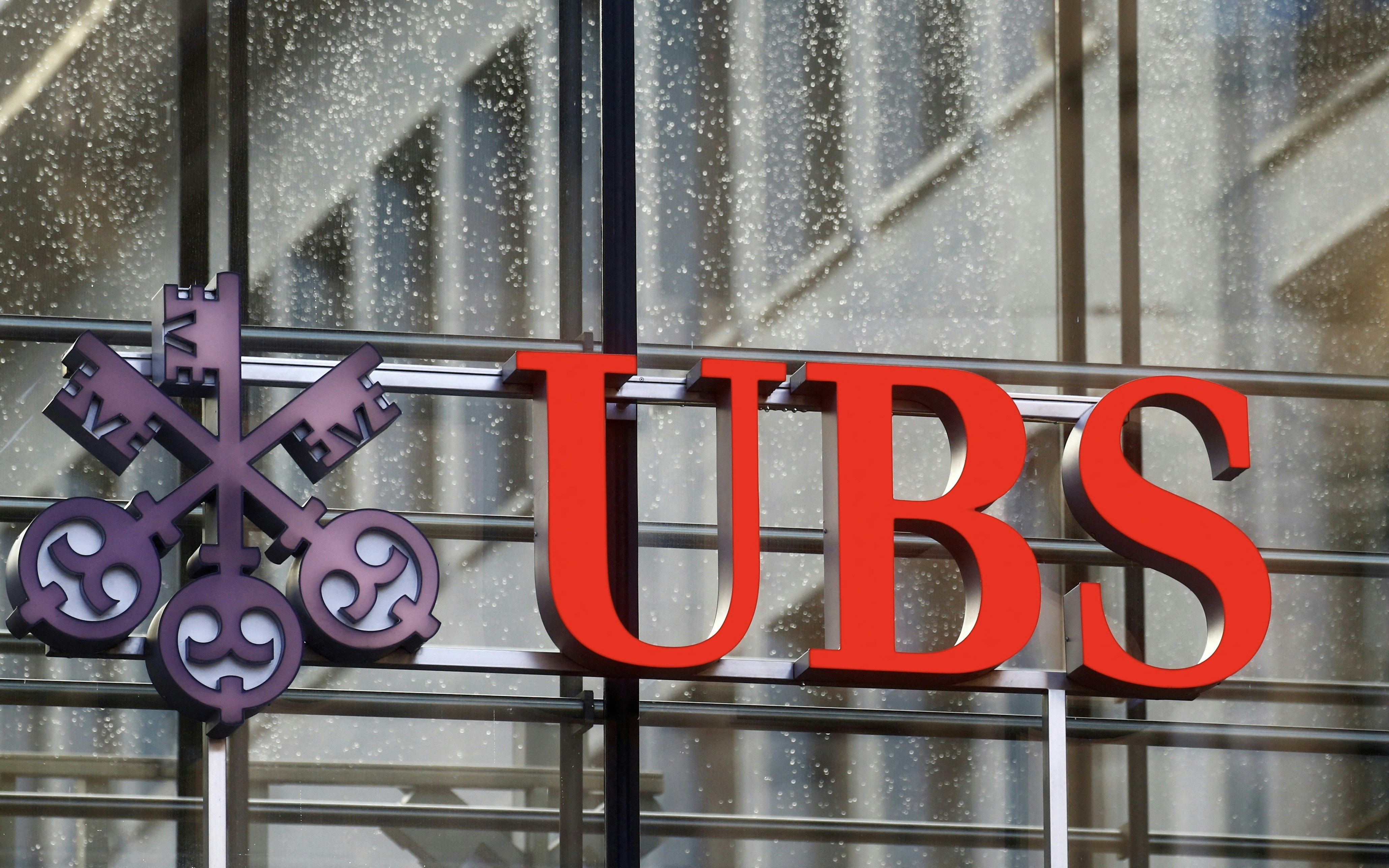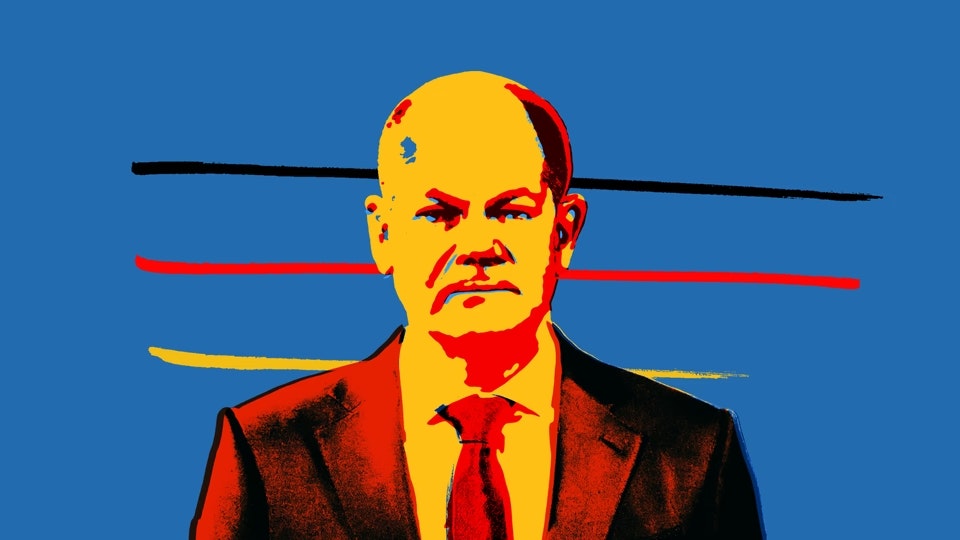The largest Swiss bank UBS is in the focus of an activist investor who sees significant potential in the company. The financial investor Cevian announced on Tuesday that it has acquired a stake of around 1.3 percent in wealth management for wealthy private clients - equivalent to a value of 1.2 billion euros. According to co-founder Lars Förberg, Cevian sees substantial value potential in UBS and aims to double the share value to 50 francs.
Förberg also emphasized that the UBS Board and management team have done an excellent job integrating Credit Suisse. Cevian is no stranger to Switzerland and already holds shares in the electrical engineering company ABB. It is common for Cevian to double investments within five years.
The UBS share has already gained almost 50 percent in value this year, mainly due to the favorable acquisition of the ailing rival Credit Suisse.
In the wake of the Credit Suisse debacle, the Swiss Financial Market Supervisory Authority (Finma) is demanding more power. In the future, the authority also wants to be able to impose fines due to misconduct by institutions.
This is from an 89-page report by Finma, which deals with the lessons from the downfall of Switzerland's second largest bank. Additionally, there should be a clearer allocation of individual responsibilities for leadership bodies. The authority also proposes a rule change to have greater control over compensation. Finma President Marlene Amstad emphasizes that strengthening the legal basis of supervision is crucial for the future of the Swiss financial center in the next five to ten years.
In March 2023, Credit Suisse was taken over by UBS in a government-orchestrated action after being hit by a bank run. In its report, Finma identifies deficiencies in strategy and management as the cause of the problems. Compensation also plays a role, as variable compensation remained high even in years with large losses, and negative events had little impact on bonuses. Finma, which faced much criticism for its role in the crisis, gives itself good marks.
Thomas Hirschi, head of the Finma crisis team, explains that the authority used all instruments at its disposal to identify the risk of destabilizing Credit Suisse at an early stage. However, the causes of the loss of trust and the shortcomings in strategy implementation and risk management could not be fully compensated.
Finma therefore demands the authority to impose additional capital requirements depending on a bank's risk. The resolution planning should also be geared towards faster bank runs and more crisis scenarios in the future.







